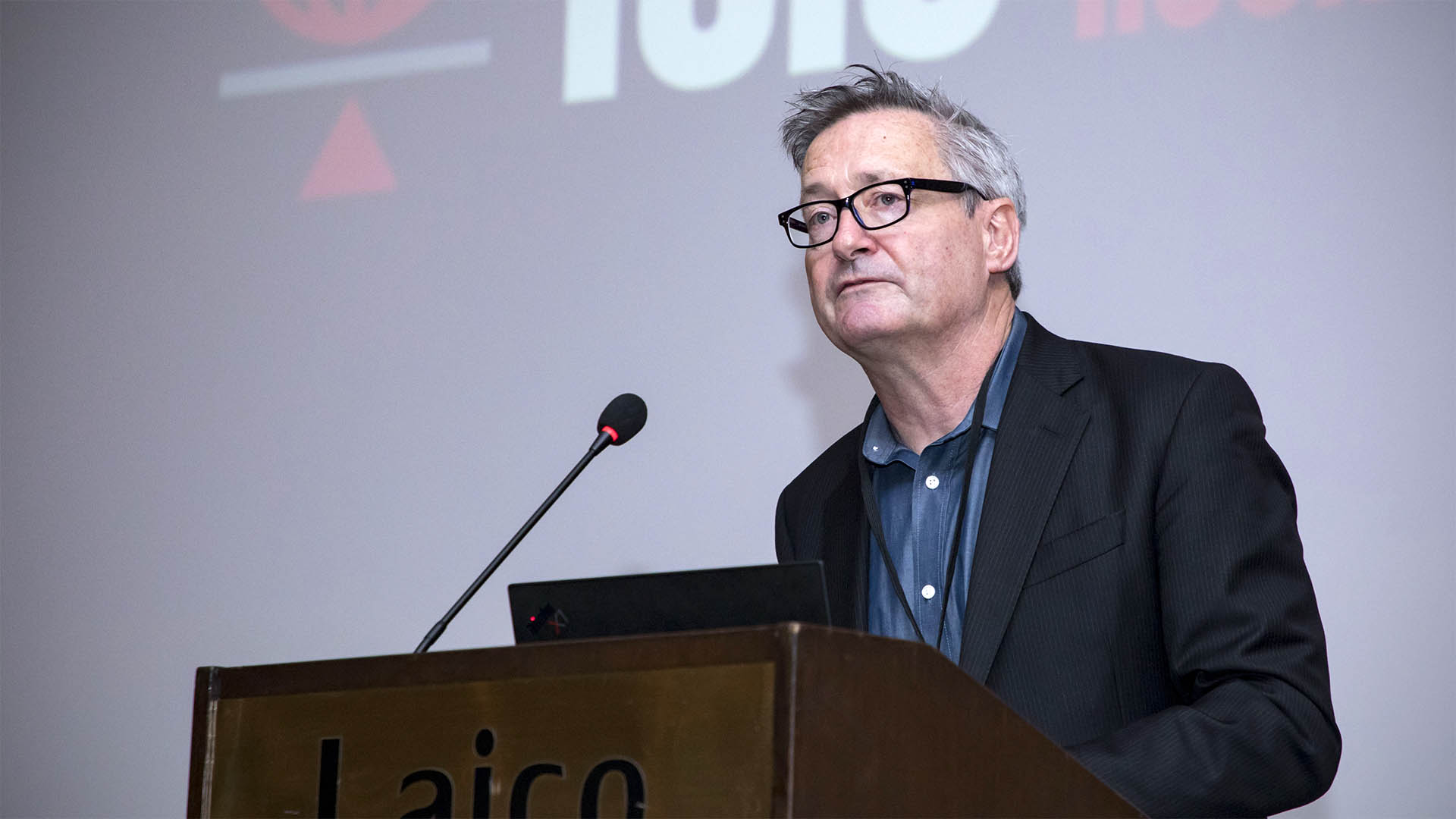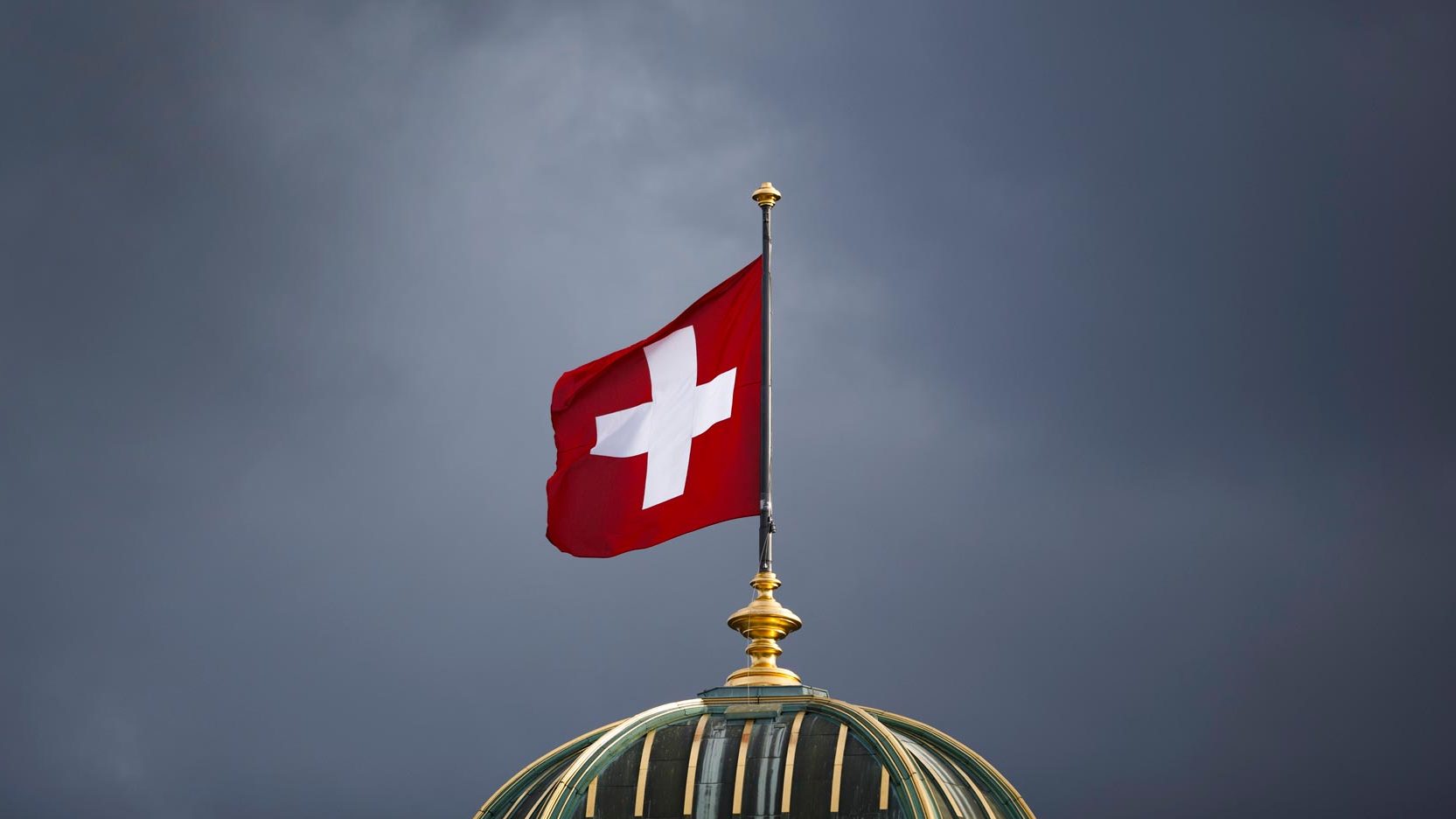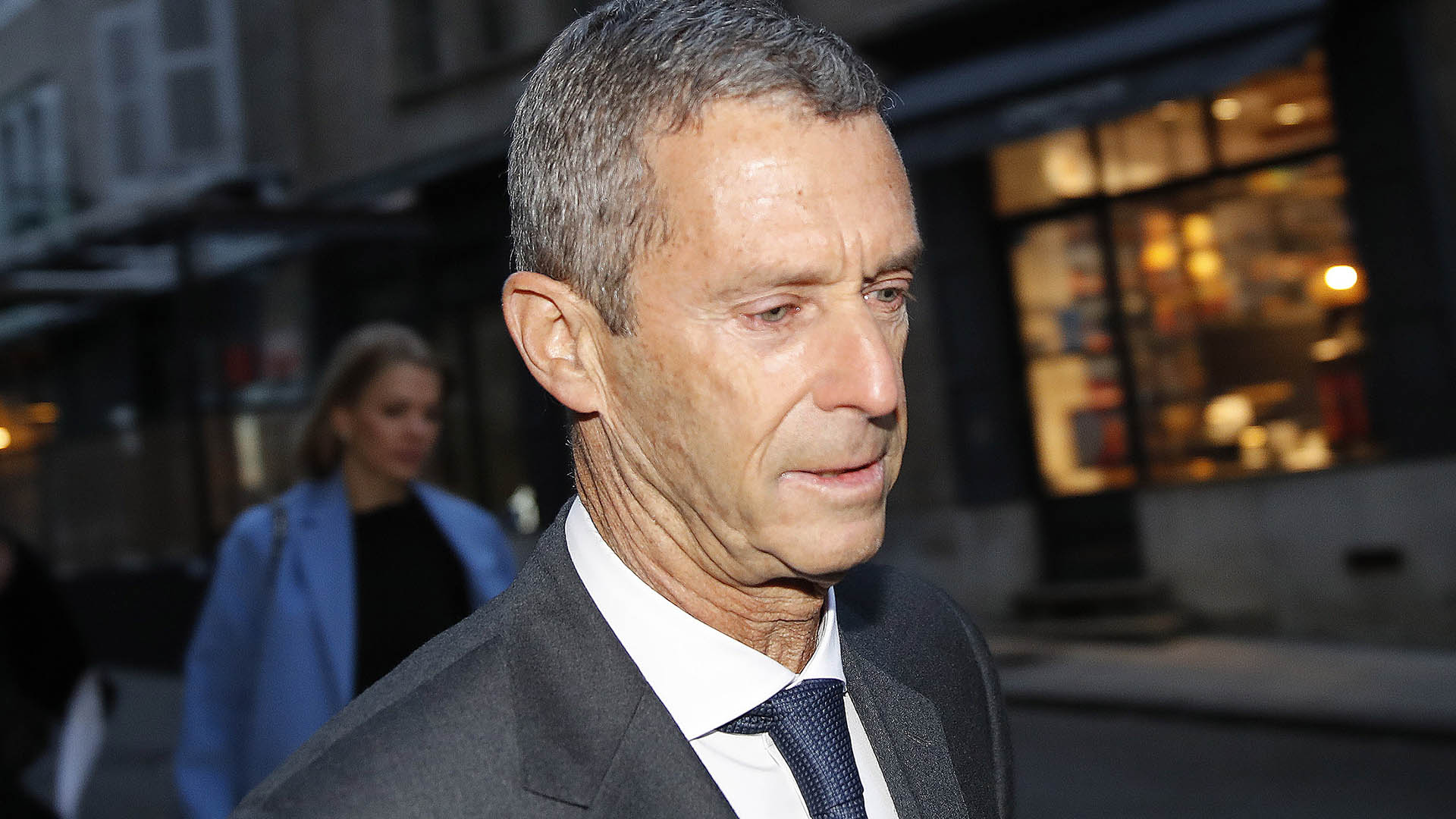Since 2010, when authorities in France began sharing data from HSBC Private Bank with other countries, approximately $1.36 billion in unpaid taxes and fines has been recovered.
Now with the release of a treasure trove of data about how the bank helped clients shield income from tax collectors, more nations are asking France for the data, while other countries that did receive the information in 2010 face growing demands from critics to do more in the hunt for lost tax revenue.
Tax officials in Britain were grilled in Parliament immediately following the publication of the Swiss Leaks project about whether they were too lenient in allowing HSBC clients to settle claims of unpaid taxes. Lin Homer, chief executive of Her Majesty’s Taxes and Customs, struggled to be heard defending the agency over loud, angry interruptions by Members of Parliament.
Homer told a parliamentary committee that a “vast majority” of the tax cases were settled under a disclosure facility that allowed tax payers to be fined as little as 10 percent of the taxes evaded, compared with a maximum penalty for taxes evaded of 200 percent.
The government of Greece, which was provided the data which then went missing and had to be provided a second time, has asked France for expanded data. And Greece’s new Prime Minister Alexis Tsipras said that “the new government is committed to give a great battle, to collide with the oligarchy that evades and avoids taxes.”
In the meantime, Germany, which received the data in 2010, is also asking for additional data. And Austria, Finland, Denmark. Sweden and Norway, which didn’t receive the data in the 2010 distribution, are seeking it now. “We actively pursue this issue to see if there is data related to Austria” the Austrian finance ministry said in a written statement. “Our principle is zero tax fraud.”
None of the Nordic countries have received either the HSBC list or the information about that the list includes relevant data for their countries.
Danish tax minister Benny Engelbrecht (Soc. Dem.) ordered the Danish tax ministry to request the HSBC list from France and also set up an internal investigation to determine why it wasn’t requested years ago when France began distributing the information to other countries.
Engelbrecht (Soc. Dem.) also said it a potentially expensive mistake because an investigation now will be affected by the statute of limitation. “We should’ve asked for the information back then. Now we need to get started immediately,” he said.
The Nordic Group Against International Tax Fraud is now blaming France for not fulfilling its obligation to spontaneously inform other countries about information relevant to tax collection in other countries as it was obligated to do under an Organization for Economic Cooperation and Development and Council of Europe convention.
“Now we have learned from our mistakes; in the future we will not rely on other countries to follow their duty to send this type of information spontaneously. At least not France,” said Torsten Fensby, the organization’s project manager.
Argentina received the data just last September and has charged HSBC Private Bank (Suisse) with helping more than 4000 clients to evade taxes using its accounts.
The amounts of recovered tax as reported so far range from $5.6 million in Ireland to nearly $490 million in Belgium. Spain has recovered about $298 million, France about $286 million, the United Kingdom about $205 million, Canada about $23 million and Australia about $23 million.
How much tax officials have collected in Greece, the United States, Argentina, Italy and Germany is unclear. India has identified about $500 million in undisclosed income that should have been taxed.
Switzerland’s Office of the Attorney General has the dataset, which it acquired in January 2010, but the data was not transmitted to Swiss tax authorities, offered to them by France or requested by them. Last week Swiss prosecutors raided HSBC’s Geneva offices as part of a new investigation into alleged money laundering, an investigation that was opened following the publication of the Swiss Leaks project.
A number of other countries have also announced new or expanded investigations variously into the bank’s Swiss clients named on the French lists, into HSBC itself, and into the response from national regulators who may have had access to the data, or knew about it but did not request it.




